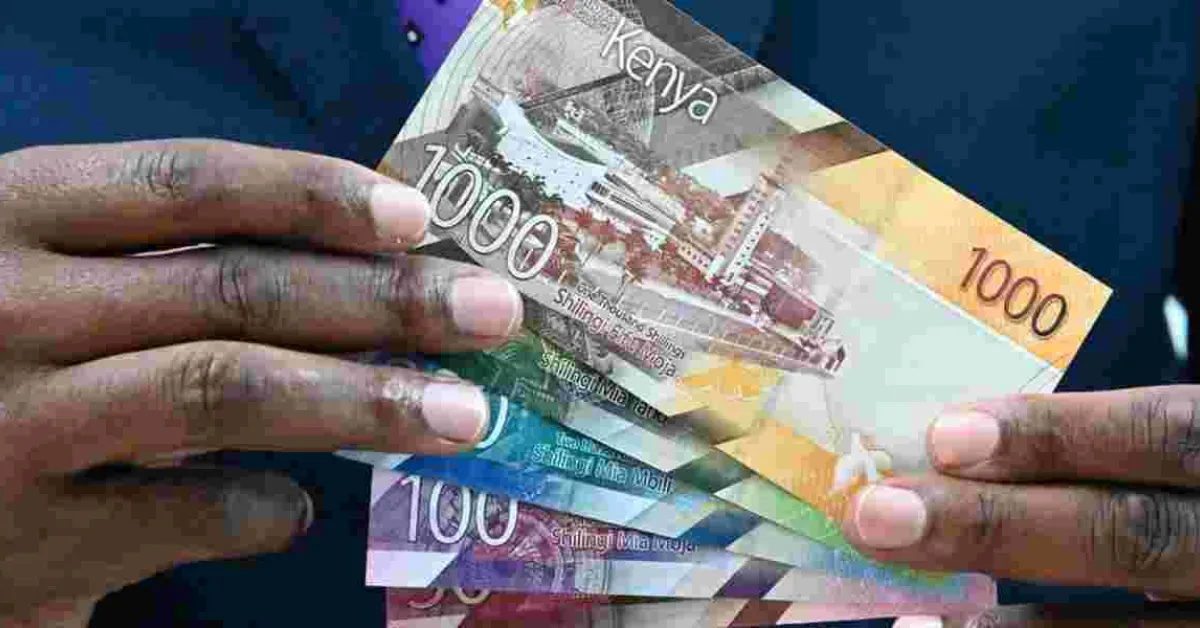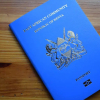Kenyan Shilling Set to Strengthen as Dollar Demand Eases

The Kenyan Shilling is poised to strengthen against the US Dollar in the coming week, driven by reduced foreign currency demand from fuel importers and manufacturers.
Industry experts anticipate a slight stabilization of the Shilling against the dollar as these sectors have curtailed their dollar purchases. As of August 22, commercial banks were quoting the Shilling at 128.50/129.50 per dollar, unchanged from the previous week. One expert, speaking to Reuters, expresses hope for increased market demand, suggesting potential further strengthening of the Shilling. This reduced dollar demand is expected to alleviate pressure on exchange rates thus contributing to the local currency's stability against the greenback. The central bank's recent intervention in exchange rates has already resulted in a period of relative stability for the Shilling over the past week.
The Shilling remains the best-performing currency globally having gained approximately 17 per cent against the dollar this year. This is despite a recent downgrade by Moody's credit rating agency which lowered Kenya's credit rating to "Caa1" from "B3" due to concerns over external debt repayment and fiscal policies. Several factors contributed to the Shilling's impressive performance in 2023 including the government's repayment of a Sh310 million ($2 billion) Eurobond that matured in June, increased dollar inflows from diaspora remittances, revenue from tea and coffee exports, and the oversubscription of infrastructure bonds issued in February.
Analysts project that the Shilling will likely remain within the range of Sh115.1 to Sh119.1 against the US Dollar throughout the year, with some forecasts suggesting a slight rise to Sh 128.86 in the short term. The Central Bank of Kenya (CBK) has played a crucial role in maintaining the Shilling's stability through interventions in the foreign exchange market. These actions have been necessary to mitigate volatility arising from external shocks and domestic economic challenges. The Kenyan economy has faced several obstacles, including high inflation rates and a substantial debt burden. In response, the government has implemented fiscal consolidation measures and sought financial assistance from international organizations such as the International Monetary Fund to restore fiscal discipline and promote sustainable economic growth.
The private sector has also contributed significantly to the Shilling's performance as increased investments in key sectors such as agriculture, manufacturing, and technology have stimulated economic activity and bolstered demand for the local currency. The tourism sector, which was severely impacted by the COVID-19 pandemic, is showing signs of recovery, further supporting the Shilling's stability. Remittances from the Kenyan diaspora have been a vital source of foreign exchange, providing a steady inflow of dollars into the economy. This consistent influx has played a crucial role in supporting the Shilling and buffering it against external economic pressures.














Add new comment